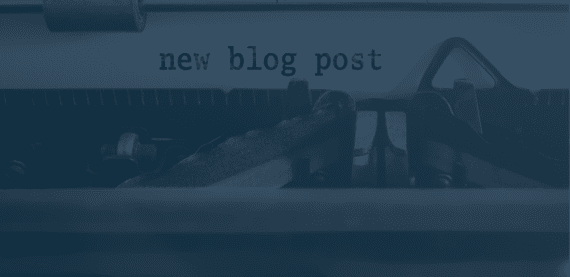Summary
It seems that I had fallen into the trap of treating learning for growth as if it were learning for curiosity. The latter just requires an open mind, the former requires an open mind plus courage.
A couple of years ago, my then-coach Dawnna was guiding me on growing the speaking side of my business. She asked me, “What have you done to educate yourself about the speaking business?”
I listed the numerous workshops I’d attended and books I had read on the topic. It became immediately clear that the knowledge I had taken in far exceeded the results I had achieved up to that point. She stared at me for a moment, and then said, “The first thing you need to do is stop reading books until you actually apply what you’ve already learned.”
Her advice was a sobering reality check. It made me realize that I had failed to connect my learning to practical action.
Now, it’s important to distinguish between two types of learning—learning driven by intellectual curiosity and learning geared towards personal or professional growth. I enjoy reading books about outer space (intellectual curiosity) but I have no aspirations to be an astronaut. However, I did want to be a professional speaker and I had been taking in all kinds of related knowledge (learning for growth).
As I reflect on it now, it seems that I had fallen into the trap of treating learning for growth as if it were learning for curiosity. The latter just requires an open mind, the former requires an open mind plus courage.
Learning driven by intellectual curiosity exhilarates me. In fact, it can be so thrilling that learning often feels like doing.
On further reflection, it seems that learning on its own can trigger a short-lived sense of accomplishment—a sort of false comfort.
In a way, it’s like a placebo for growth. We get a temporary feeling of satisfaction without the hard work of taking action and the chance of failure. Said another way, learning feels like doing but without the risk to our ego.
However, failing to apply what we’ve learned diminishes the initial exhilaration. The benefits fade away because we don’t create lasting changes in our skills, behaviors, or circumstances. This was my situation.
Then, like an addict chasing a high, I would attempt to remedy the situation by learning something else and getting that short-term buzz of fake accomplishment all over again. This is how you end up reading dozens of books without actually moving forward. My experience tells me that I’m not alone in this.
Here’s what I’ve learned: The true alchemy of growth occurs at the intersection of knowledge and application.
Perceived accomplishment is not the same thing as actual accomplishment. Genuine growth requires overcoming the illusion of progress in order to take the necessary actions for real progress.
We do well to investigate our motivations when we’re learning something new. Are we learning for curiosity or growth? If we’re aiming to grow, then the process doesn’t stop when we close the book; rather, that’s when the real work begins.



